
- Image via Wikipedia
Jorge Posada has played for the Yankees since 1995, and started since 1998. He is a popular player, and as he approaches the end of his career, some noise is being made about electing him to the Hall of Fame. But does he deserve it? Is Jorge Posada a future Hall of Famer?
Teams, and by extension fans, evaluate all players based on how well they contribute to the team’s success. Contributions to the team fall into two categories: offense and defense. Let’s look at some of Posada’s numbers, in comparison with catchers already enshrined in the Hall.
Let’s start with OPS+. Here’s a list of the catchers in the HOF, sorted by OPS+, and where Posada falls on the list.
Note: 3 Negro League catchers – Josh Gibson, Biz Mackey, and Louis Santop – are also in the HOF, but no statistical data for them is currently available, at least not at baseball-reference.com. I would be interested in learning where data on them could be found on-line.
|
Name |
OPS+ |
|
129 |
|
|
128 |
|
|
Bill Dickey |
127 |
|
126 |
|
|
Roger Bresnahan |
126 |
|
Gabby Hartnett |
126 |
|
125 |
|
|
Ernie Lombardi |
125 |
|
124 |
|
|
Jorge Posada |
124 |
|
117 |
|
|
115 |
|
|
Rick Ferrell |
95 |
|
Ray Schalk |
83 |
Posada’s career OPS+ is 124, which falls in the lower third in the above table. However, since most of the catchers in the Hall had career marks between 124-129, based just on OPS+ Posada has a case for enshrinement.
Hitting is only one part of the puzzle. Baseball games are won by the team that scores more runs, so perhaps some sort of run production metric should also be used. Runs Produced (RBI+R-HR) would fit the bill.
|
Name |
Runs Produced |
|
Yogi Berra |
2247 |
|
Carlton Fisk |
2230 |
|
2078 |
|
|
Bill Dickey |
1937 |
|
Gary Carter |
1926 |
|
Gabby Hartnett |
1810 |
|
Mickey Cochrane |
1754 |
|
Jorge Posada |
1538 |
|
Ernie Lombardi |
1401 |
|
Rick Ferrell |
1393 |
|
Roy Campanella |
1241 |
|
Roger Bresnahan |
1182 |
|
Ray Schalk |
1162 |
|
|
Buck Ewing did not appear on the list I generated at baseball-reference.com, which encompassed players who played half their games at catcher. Posada currently sits in the bottom half of HOF catchers for runs produced, but is just short of being right in the middle. So after two metrics, he’s definitely worth considering based solely on his offensive output.
The last aspect of his game we need to look at is defense. Quantifying the defensive abilities of catchers seems to be one of the last frontiers of sabermetric analysis; I found a fair amount of articles on theory of how to measure good catchers from bad, and some numerical examples, but one must comb through databases at one of several sites to develop refined data to evaluate. I did find some finished analysis pieces, however, and referenced that work below.
First, there’s a paper by Jim Weigand on rating catchers arms. He based his yearly arm leader board on 2000 outs (or roughly 80 games played), and his career arm leader board on 20000 outs (or roughly 10 years of 80 games played at catcher per year). Posada made the yearly cut from 1998-2007, and has enough outs to qualify for the career board. Weigand used data available from 1954-2008, because that’s as far back as the data he had access to went, which means most HOF catchers were left off or had their careers not fully covered. Those who had part of their careers included in this data base (Campanella and Berra as two prominent examples) were left out of the table; I didn’t want to evaluate Posada against part of a HOF career.
For those players whose careers started after 1954, and are in the HOF, here are the numbers:
|
Name |
Arm |
Years |
Rank |
|
Bench |
32.49 |
1967-1983 |
2 |
|
Fisk |
11.8 |
1969-1993 |
31 |
|
Carter |
-4.33 |
1974-1992 |
70 |
|
Posada |
-8.77 |
1995-2008 |
78 |
There were 91 total entries on Weigand’s career list. You’ll note Posada falls in the bottom 15% of all catchers evaluated.
There are a couple of other good articles on methodologies to evaluate catcher defense, and I’ll mention two: One by Justin Inaz, and one by some dude named devil_fingers over at Driveline Mechanics. Then, there’s the work Tom Tango’s done on the subject as well.
As I began to try and evaluate Posada against the HOF catchers, I quickly realized I’d bitten off much more than I can chew and get this done in a reasonable amount of time. I made a command decision and decided to shift the analysis, looking at how Posada rated against his peers in the league. Using the data presented at the first two links in the preceding paragraph, we can at least look at Posada’s defensive numbers for 2007 and 2009. Note that two similar, but slightly different, methodologies were used to arrive at these conclusions.
2007 (Inaz): Posada ranked 33 out of 42 catchers evaluated.
2009 (Driveline): Posada ranked 109 out of 114 catchers evaluated.
In fairness, these two seasons represent the 10th and 12th full season Posada’s caught in the Majors (assuming 80 games as a full season, in line with Mr. Weigland’s thoughts). He’s now 38, meaning these are seasons after he passed his physical peak, so he may have been a better defensive catcher earlier in his career.
That said, there’s a fair amount of evidence indicating Posada has not been, and is not now, a very good defensive catcher, both when compared against those already in the HOF, and when compared to contemporaries in the majors.
Does his defensive liability torpedo his HOF resume? Not necessarily, but it should give the voters pause. Posada certainly is a very good hitting catcher, and has the numbers to merit consideration for enshrinement; but his all-around game should be considered, and he doesn’t appear stack up against the greats defensively.
So going back to the original question: Does Jorge Posada deserve to be in the HOF? No when the whole player is evaluated, but he’ll probably get in just because of his bat.

![Reblog this post [with Zemanta]](http://img.zemanta.com/reblog_e.png?x-id=c974080a-c7ac-4914-904d-febc4b8d3e9f)
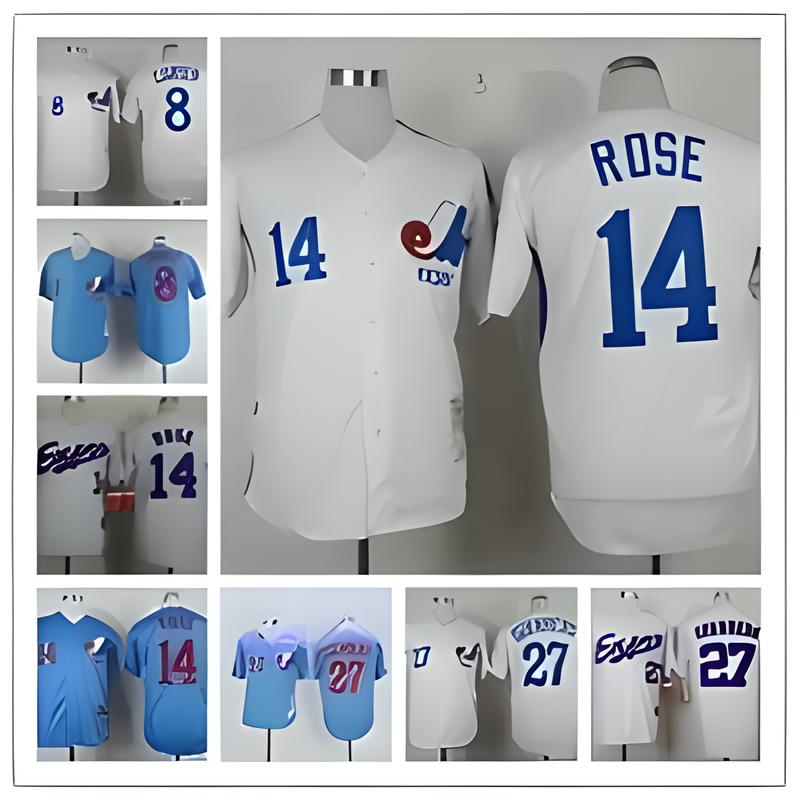


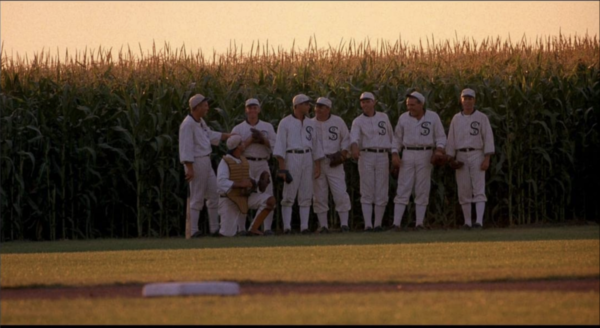

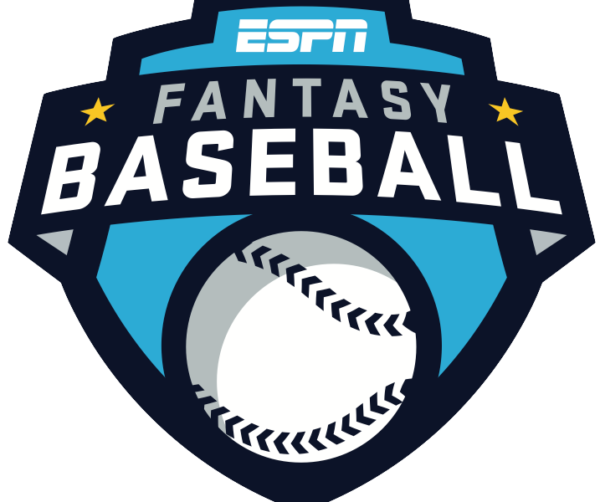
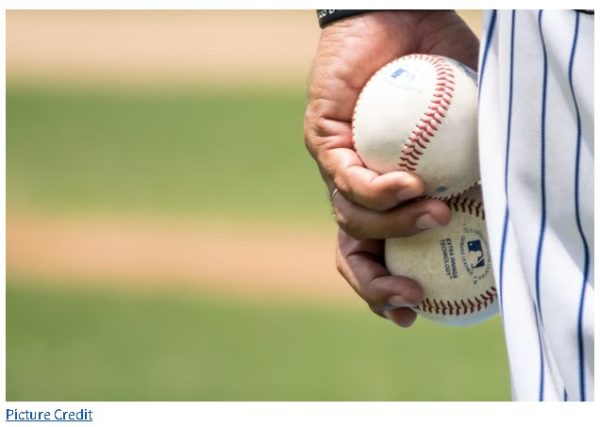
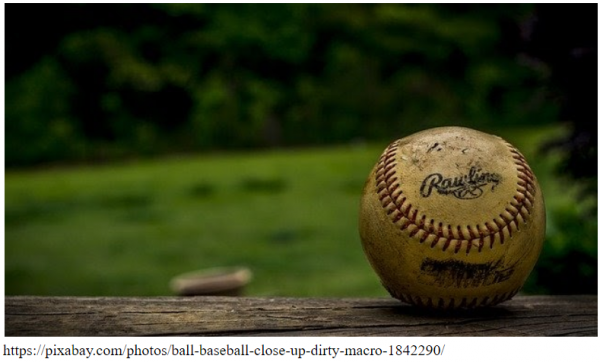

6 Responses
He’s a decent catcher, he used to be much better, and most likely will depend on the other nominees when he is eligible. I woudn’t be surprised if by the time he can be inducted voters only look back on the good times, not the bad. I think more interesting questions get raised when it comes to Pettite and Mussina.
He shouldn’t get in, but he might.
I appreciate the thoroughness of your post!!
.-= bring back pluto´s last blog ..Blogger Award =-.
Jorge’s defense is offset by ability to manage a pitching staff and call a game. That’s what tips the scales and will eventually get him to cooperstown.
Jorge pasada has been a part of the yankees success since 1995 when the yankees started their run. Pasada controlled
the pitching staff to a perfection, which is hard to do. His number are compatible with the HOF catcher inducted in the past. 5 world series rings, over 250 HRs over 1000 RBIs. He is well deserving of the honor as a player on the field and off the field which is important today.
Induct him into coopers town, when the time comes.
Hector I enjoyed your comments — I would love to chat about the Yankees. What is your view of their expensive payroll are they worth it as a team? YL